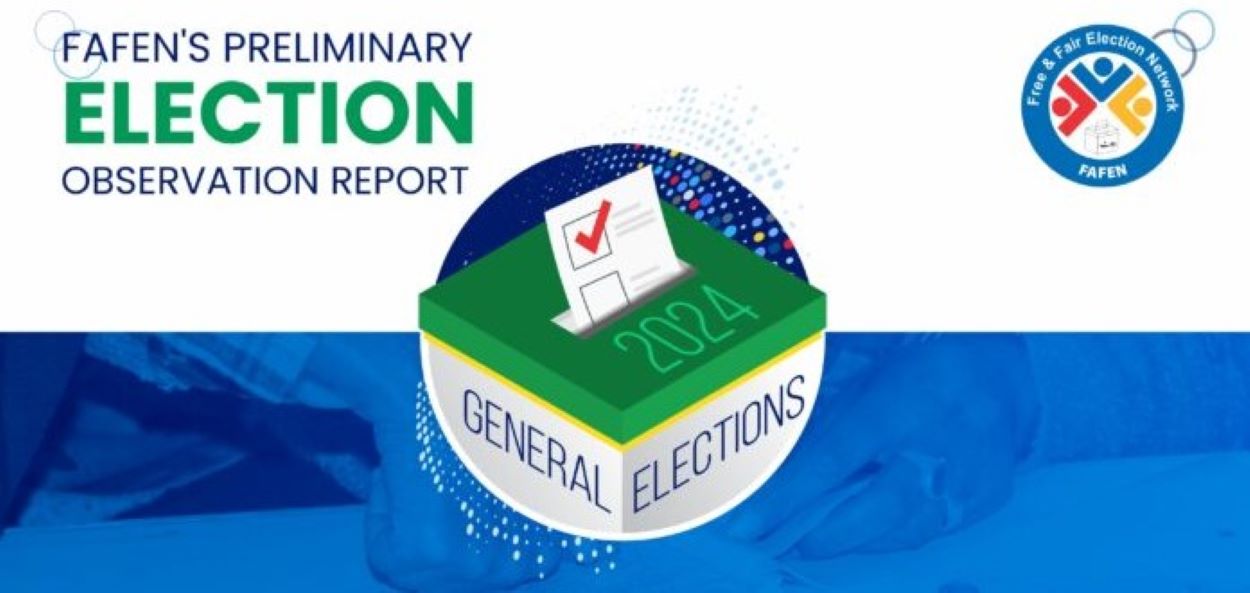In light of recent uncertainties surrounding the compilation of the Pakistan 2024 election results, the Free and Fair Election Network (Fafen), an independent poll observer, introduced a detailed three-phase audit approach to verify the tallies.
Fafen emphasized the importance of scrutinizing constituencies contested by political entities and candidates through legal channels. It urged the Election Commission of Pakistan (ECP) to deploy data analytics and forensic techniques to confirm the authenticity of the February 8 general election outcomes.
Since 2013, Fafen has consistently advocated for the ECP to review all constituency results before announcing victors to enhance election integrity and reduce prolonged post-election disputes in tribunals. Given the post-election scenario, the organization stressed the need for the ECP’s immediate action to investigate reported violations and affirm the election results genuinely reflect the public choice.
Fafen described its audit proposal as a technical examination grounded in tangible evidence, specifically official election documents, per the Elections Act, 2017, Section 99. These documents include sealed ballot paper packets, counterfoil packets, used electoral roll packets, and others crucial for election result integrity.
The audit methodology comprises initial documentation assessment for accuracy and completeness, the impact analysis of unverified forms on results with necessary adjustments, and the evaluation of electoral officials’ actions for accountability.
Fafen highlighted the extensive logistical efforts in conducting general elections, involving nearly 1.5 million officials from federal and provincial levels. This vast operation, crucial for counting, tabulation, and result consolidation, has led to ongoing controversies.
The election process mandates meticulous documentation at every stage, creating a comprehensive trail for result verification. However, these documents often go unreviewed unless challenged through election petitions, which can remain unresolved for years.
Fafen also addressed the complexities surrounding Form-45, urging the ECP to define the legality of its multiple copies produced on Election Day under the 2017 Act. It calls for clearer regulations on the legal standing of various Form-45 copies to avoid disputes.
Lastly, Fafen encouraged political parties and candidates to report any election irregularities or violations to the ECP swiftly. It referenced Section 9(1) of the Elections Act, outlining the ECP’s authority to address significant legal breaches impacting election outcomes, including potential reruns in affected constituencies.
In conclusion, Fafen’s call for a thorough audit and clarification of electoral procedures aims to bolster election legitimacy and address concerns of illegalities and procedural violations, emphasizing the need for prompt action from the ECP to ensure the 2024 general election results accurately represent the electorate’s will.






